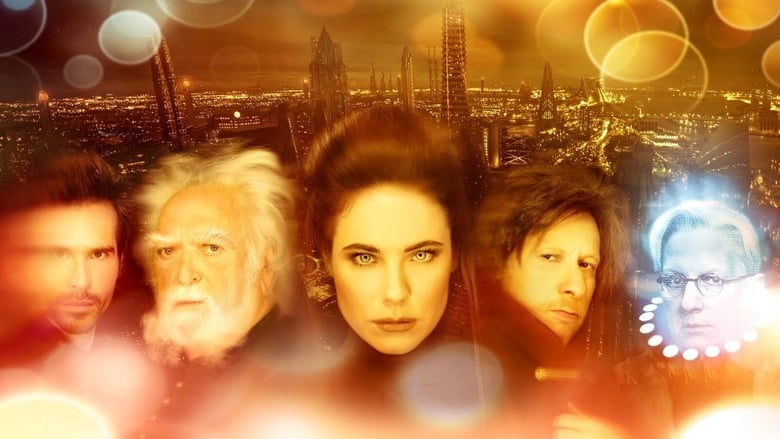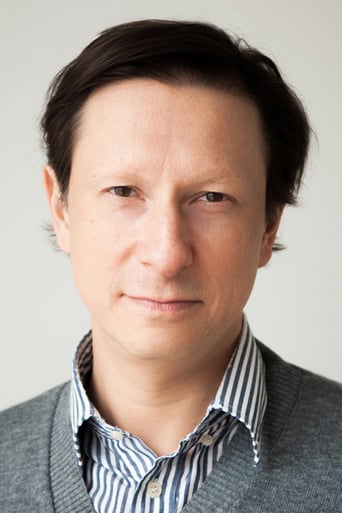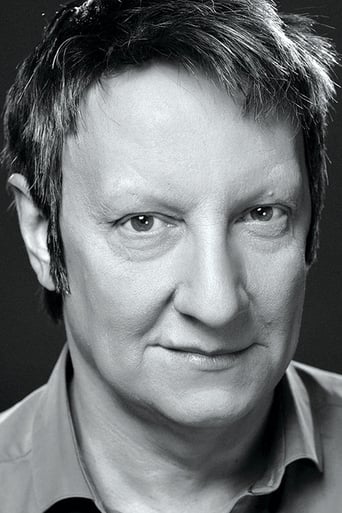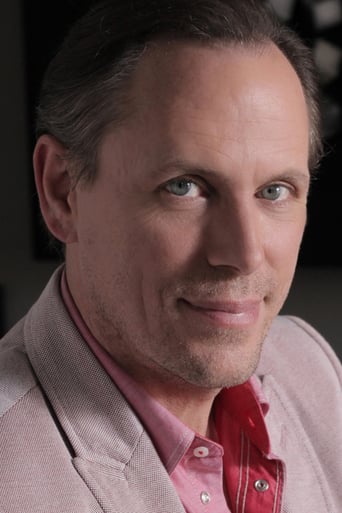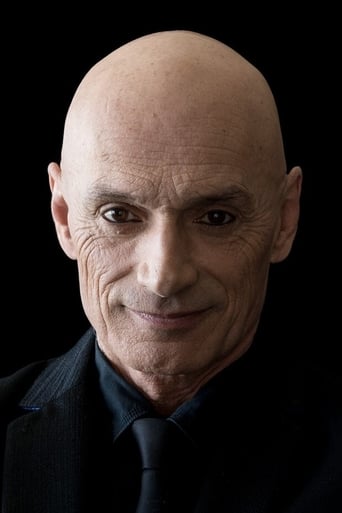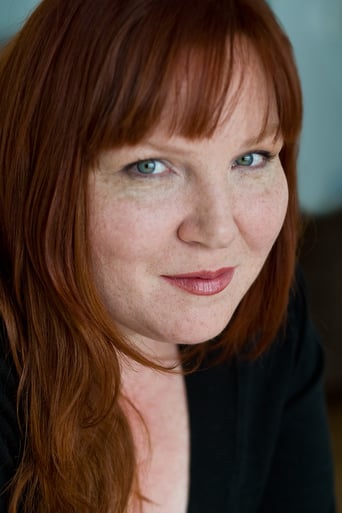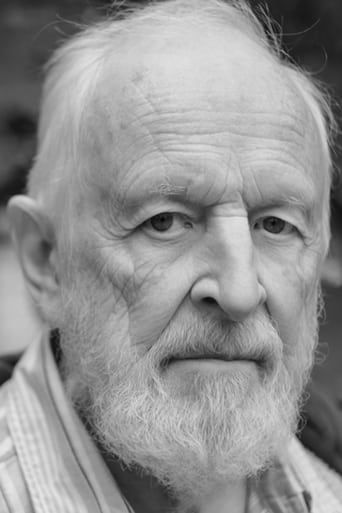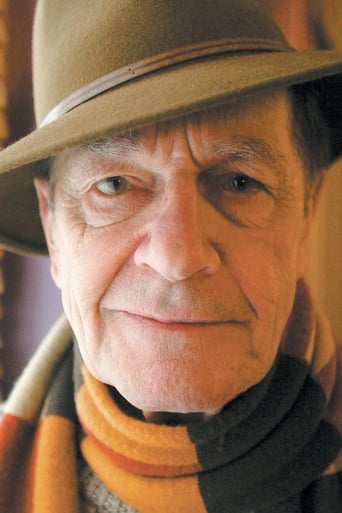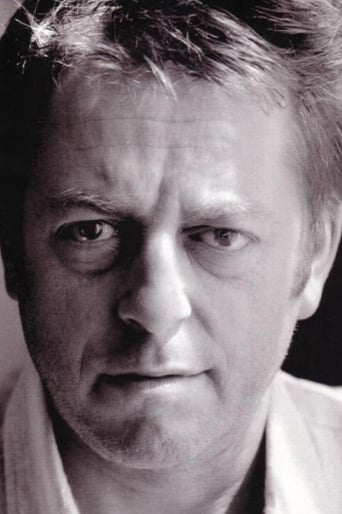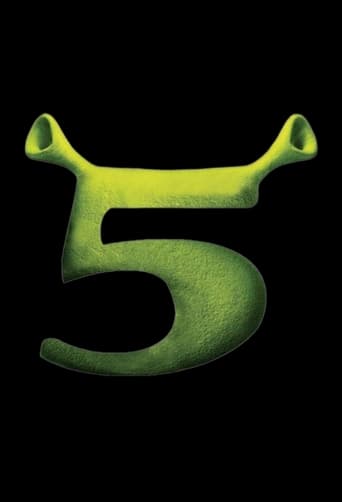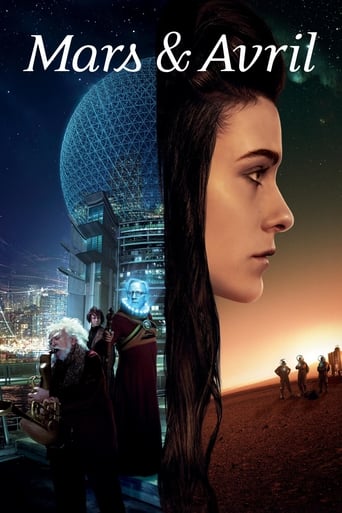
In the near future, as humanity prepares to set foot on Mars, Jacob Obus, an elderly musician, takes pride in slowing down time by playing instruments inspired by women's bodies, designed by his friend Arthur. A love triangle develops when Jacob and Arthur both fall in love with Avril, a young photographer. Enter Eugène Spaak, Arthur's father, an inventor and cosmologist who unveils a new theory about man's desire to reach Mars and helps Jacob find the true meaning of life and love.
You May Also Like
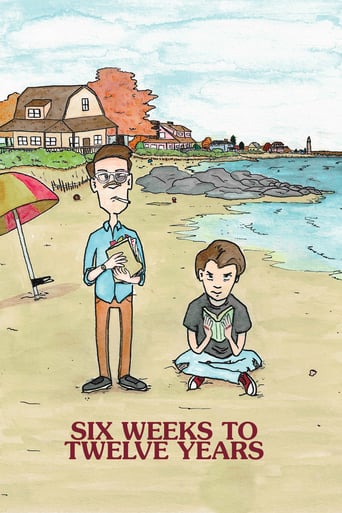

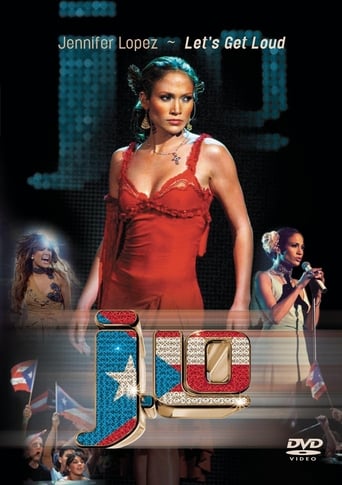

Reviews
Simply Perfect
For all the hype it got I was expecting a lot more!
Boring
This story has more twists and turns than a second-rate soap opera.
Earth and Mars are as distant from one another as an old musician and a young muse, and the conquest of the Red Planet is put in parallel with the discovery of love and of the female body. Symbolically linking science and art, Villeneuve's film is an allegorical romance of late love, exploration of the unknown and selfless sacrifice.The idea that music can open the gates of the universe, as described by Johannes Kepler and his work Harmonices Mundi in 1619, inspired Villeneuve. According to Kepler, the harmony of the universe is determined by the motion of celestial bodies. This theory also influenced American horror master H. P. Lovecraft in the 20s, but Villeneuve, however, gives it positive connotations as the topography of Mars corresponds to the shape of a musical instrument, suggesting that the ambivalent "Red Planet" can only be conquered through music rather than with the "Marsonautes" whose broadcast mission is probably just a hoax. Yet it cannot be objectively verified because reality depends entirely on the observer, therefore observations and dreams about Mars cannot be separated. In the lecture that Eugène Spaak gives to the Society of Experimental Cosmology, he says that Mars does not actually exist, it is only a subjective construct, but his fellow scientists do not take him seriously. In fact, how can one talk about reality when his head is nothing but a hologram? This funny and symbolic mean works in the context of Villeneuve's movie well enough that it is hard to believe that it was an emergency solution to Robert Lepage's crazy agenda (Eugène Spaak's body belongs to another actor, Jean Asselin, who also plays the robot bartender).The photographer Avril, who takes long exposures of people to feed her personal obsession with the idea of emptiness, has herself figuratively and literally lost her breath. It is no coincidence that she then falls in love with a man who enjoys the strength of his powerful lungs despite his old age. As Avril (April)'s name suggests, she should have been born in April, but was born prematurely in March (in French "mars"). Therefore, when Eugène produces a master instrument according to the curves of her body, Jacob fails to produce music out of it. In fact, how can the musician play with the instrument shaped after his muse, as she is short of breath and inextricably linked with the "discordant" planet Mars? When he enters with Avril into the teleportation device, the next station brings Avril to Mars, but Jacob remains on his home planet and meets with the Marsonautes in their studio. Arthur and Jacob, the two rivals in love, are set by Eugène on a rescue mission, and like the biblical Jonah in the belly of the whale, they find themselves in the bowels of the musical instrument, representing both Avril and the planet Mars. Into their subconscious, they are mere archetypes reduced to a single meaning: Arthur (the designer) observes and Jacob (the musician) breathes. In this key sequence from the film, the human mind is the ultimate instrument.Just like the musical instrument, the teleportation device has a malfunction, and it is clear that Villeneuve here establishes another parallel between music and science. The unit can only be operated from the outside, just like the wind in a musical instrument goes one way, therefore you cannot go back to Earth until somebody else stays behind and has your back. Jacob sacrifices himself and will later give his lungs to Avril for her to breathe again. The parallel between the muse, the instrument, the musician and the teleportation device then becomes clear, especially after Jacob's farewell concert in which he is at once able to play the instrument instead of producing just air.
One thing that struck me right away was the Piscean nature of this film. From the established class of a senior cast, to the somber, swaying, otherworldly music, we are shown a futuristic, nautical Montreal, whose populace regard the maudlin, reflective years of old age as a culturally palpable high art.Within this film runs a very old and carefully veiled central theme: The final stage of the alchemical process known as Rubedo, which ties into to the Jungian concept of the Anima. We witness the male lead, Jacob, in the later years of his life as he meets his muse (or, the other side of his being), incarnated as Avril. After a lifetime of searching for her through his music, she has emerged from his inner, subconscious landscape into the outer world. Jacob's life of music has been a repetitive transmission to his inner feminine by playing the sounds of unique instruments, crafted as abstractions of the female body.These instruments are, by their very form, a contraption of the obsessive, outer-seeking nature of masculinity. Of course, one could make the argument toward an objectification of the female body, however, with the care behind each instrument's creation and their foremost utility of soothing, sensual music, there is shown to be a soft and beautiful goal for this kind of obsession. We behold an ethereal collaboration with an unobtainable "other," which in this case, reveals itself in Avril. She willfully poses for the making of the latest, inspired instrument. In doing so, Avril's action proves to be a conscious step in the blossoming of Jacob's Rubedo, the end to his Great Work. She has an artistic practice of her own, photographing men, nude as they admit their innermost vulnerabilities. This process serves to show us Avril's worldly power to lure men into their destined unraveling. In her own words, Avril's work is to "focus on life, death, time, space, nothingness," all words that point to something larger than a human mind can conceive, hearkening to Avril's being as an emissary for transmutation and one who has arrived to breach the unknown.The word "Rubedo," translates from Latin to mean "the Reddening," the re-introduction of blood and passion, which also holds true in the film's sub-plot: a progression of Earth's space program venturing to Mars. Another astrological cue is worth mentioning here, as April is the time of year that is ruled by planet Mars, the red planet, the planet of passion. Within the landscape of the story, our micro-narrative is Jacob and his meta-journey into his own psychological singularity, the outlying macro-narrative being humanity's evolutionary journey to a foreign planet, long beheld from a great distance. Binding these two poles is Avril, both a real human being and a symbolic entity. Her role in Jacob's life as a revelation serves to mimic mankind's fascination for Mars coming to fruition.The film reaches a critical point when Jacob can no longer play his instrument. Before the film can veer off into questions of virility or conjectures of symbolic impotence and old age, we are offered the opportunity to dig deeper and see that in his meeting Avril, he has found union. His muse stands before him, in the flesh. His old instruments are no longer necessary, for they have completed their task of speaking the Divine Feminine into being. Further, Jacob reveals a surprising confession – he's never had a sexual experience with a woman. All articulate arguments toward a man's sexual conquest manifesting via numerous, fetishizing musical sculptures can be neatly tossed aside as we are brought to a more spiritually significant motivation for Jacob. The abstract instruments become a metaphor to imply he was playing the sounds of his Anima all along, in tandem with his age. Now that he has met her in a profound way, his music shows to have been a process of refining this experience sonically, leading to his departure from the world of the concrete, and entering the realm of symbol. Jacob utters a well-worn line from human history, "I've waited for her my whole life," but here it has less of a cliché underpinning, due to the fact that the woman of whom he speaks is one who leads him to a beautiful nothingness. His life-long artistic pursuit was yearning for a place which, through Avril - his Anima - has finally become a substantial reality. Jacob is able to admit that he is, for the first time, living inside a story that was previously only notes in the air. As in Greek mythology when Amphion had built the walls of Thebes with the plucking of his lyre, Jacob has brought a hidden world to life with his music. However, in Jacob's case, his music did not build walls. It dissolved them, in a determined beckoning of the great abyss.
I saw this film at the Imagine film festival 2013 in Amsterdam. I was disappointed while watching this movie, probably because of the high praises it received from all sources I consulted beforehand. No one complained that we had to wait at least half an hour before some story made its appearance, leaving us all that time wondering whether some sort of plot would came up, or even some message that the film makers wanted to get across. Even worse, after the plot emerges, the pace is still very slow and developments miss a logical binding element. The impression remains that visualizing a future society proved much more important for the film makers than presenting us a consistent story with characters we could identify ourselves with.The music is wonderful. The visualizations we see with possible future variations on our society, is very nice indeed. For instance, the interviews with the astronauts before and during their voyage to Mars, are brought in a beautiful and promising format, different from what we see on our TV channels, and still very believable as a future setup. Also, the holographic figure we see giving a lecture and even eating in a restaurant, is also a nice way to liven up the movie, and to provoke ideas about future technical developments. I'm less certain about medical advancements, and certainly not in psychology if we can believe this film.A definite role in the story has the futuristic public transporter mechanism (variation on the "beam me up" devices from the Star Trek series) shown in the film. Also a nice find is combining these devices with an implicit reference to the still living conspiracy theories about the moon landings we saw from 1969 to 1972, alleging that these were faked, and that the astronauts never left earth but were filmed in a moon-like décor. We see something similar happening here, and is an integral component in the story when Avril gets lost in the transporter while traveling together with aging musician Jacob.Avril's love for retro devices is remarkable (black box camera, turntable with LP vinyl records, telephone with a dialer). It attracts our attention in this futuristic context. Her hobby forms a stark contrast with all other props in the film, and may be a bit far fetched. I see it as an indication that the film makers exaggerate in their attempts to be different. Avril's methods to make photographs of people who were asked to talk about themselves during the exposure time an old camera needs (as per her explanation), is a needless attempt to be different too.All in all, I was disappointed in this movie, possibly (as said before) caused by all the positive comments I've read beforehand. Not everything is bad, however. There were nice attempts to picture what a possible future society may look like, places where other social conventions may exist, and of course that yet uninvented devices will be commodities, just as normal as our mobile phones are nowadays. Music will also be different, of course; we can expect different instruments to appear, producing sounds we cannot imagine at this moment.Given all the above on the positive side, the narrative and the characters that were supposed to carry the story line, were unclear for at least half the running time. Only in hindsight could we construct some logic in what happened. That should not be necessary and better made apparent not after but rather during the movie. For the first half hour I felt a bit lost, and was wondering where all this was heading. When leaving the theater, I scored only a 3 (out of 5) for the audience award, considering too much emphasis on format and appearances, and too little (and too late) clarity about story and characters. Many will disagree, but so be it.
I saw this movie a few days ago and the strange and lyric atmosphere of it still haunts me! The music composed by Benoit Charest (Les Triplettes de Belleville) plays a very important part in it; the filmmaker asked him to compose brilliant music and well yes, he really is a genius!Jacques Languirand has created a magnificent character, and the rest of the cast is as excellent. They are filmed in such an intimate way, we dive into their souls. The story is very intelligent, moving and unusual! I was deeply touched by it.Of course this is not what we call a "commercial" movie and will not appeal to the vast majority. Don't expect big action and fights and tons of visual effects. Although it is visually superb, with some effects simply magnificent! The decors were created with such beauty by an established and very skilled comic strip artist. All the little details in costumes, hair add to this incredible vision of a futuristic Montreal.This is all just indescribable! it is for those who like creativity, originality, strangeness and sci-fi, who liked such movies as "Moon", "Immortel (ad vitam)" and "The Man Who Fell to Earth", as well as "Blade Runner" probably, you might like this one very much!
Top Streaming Movies











